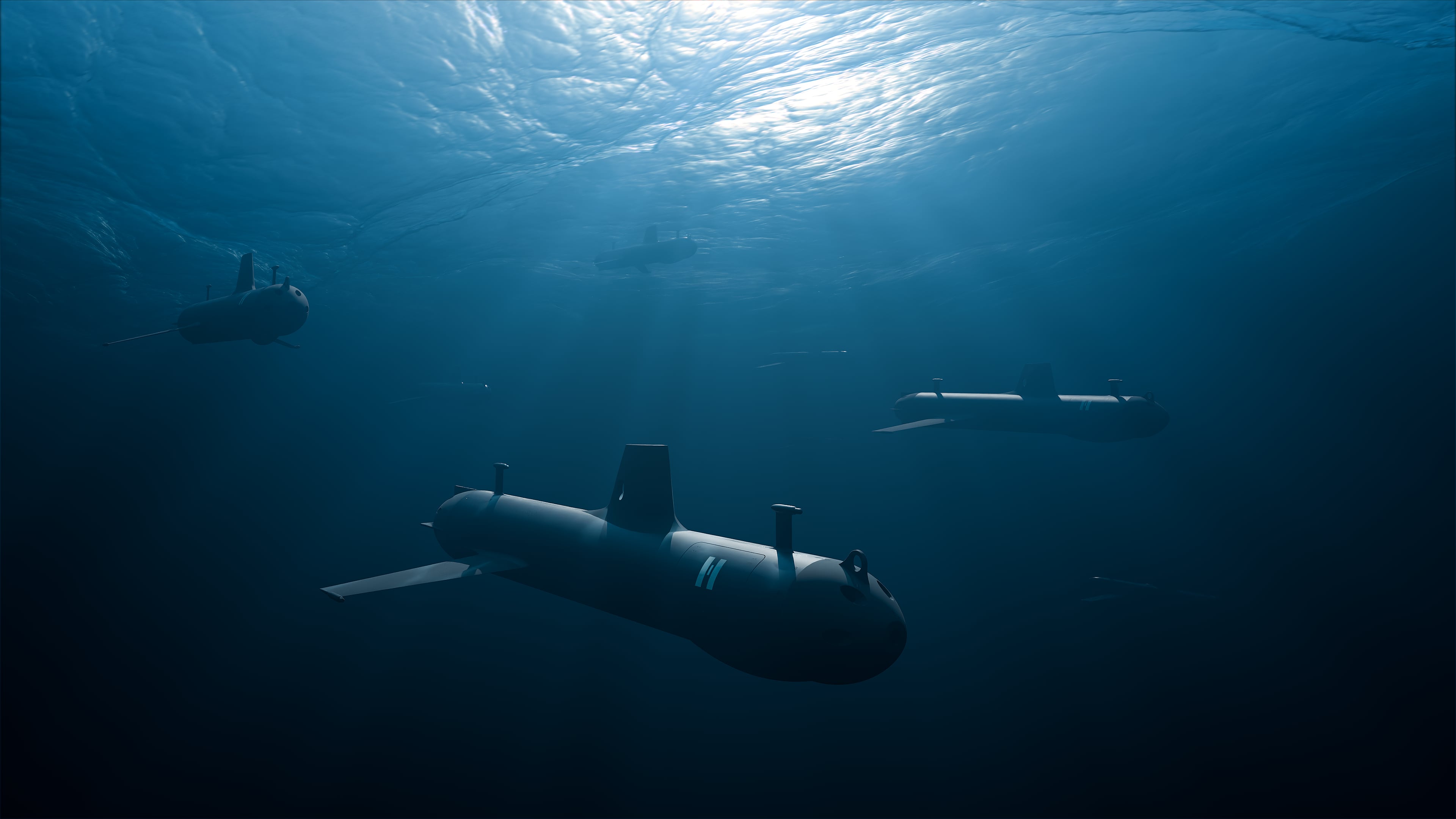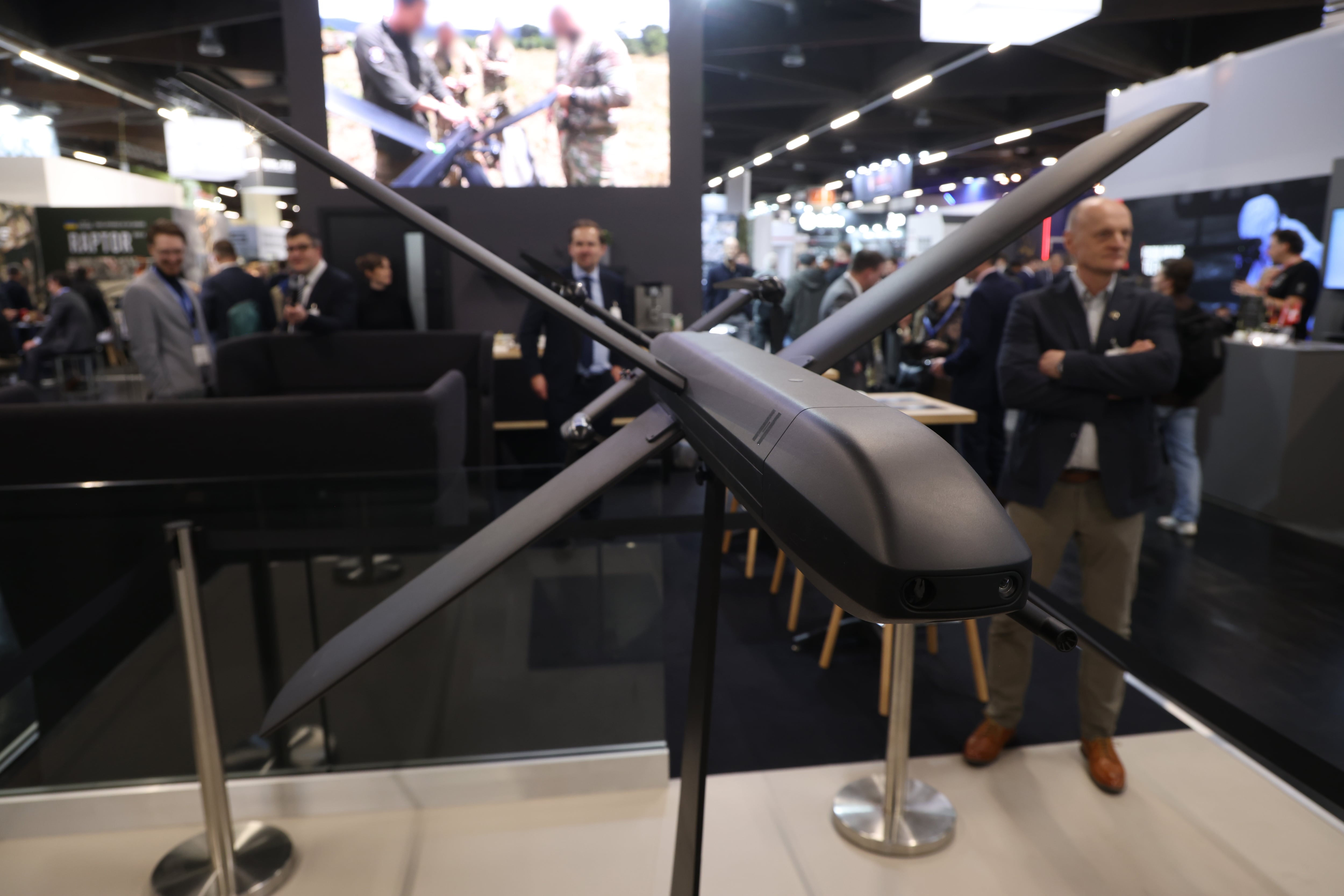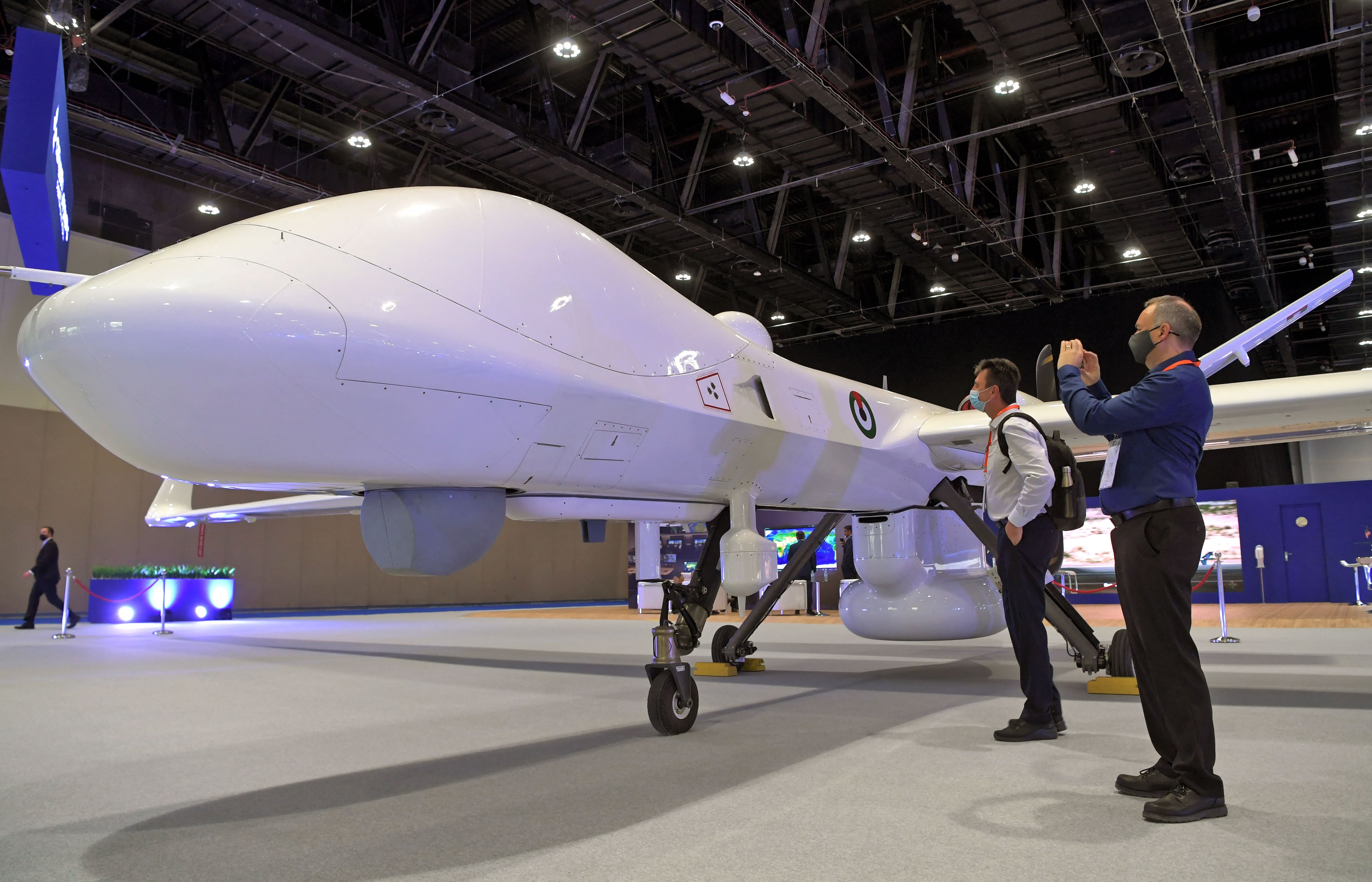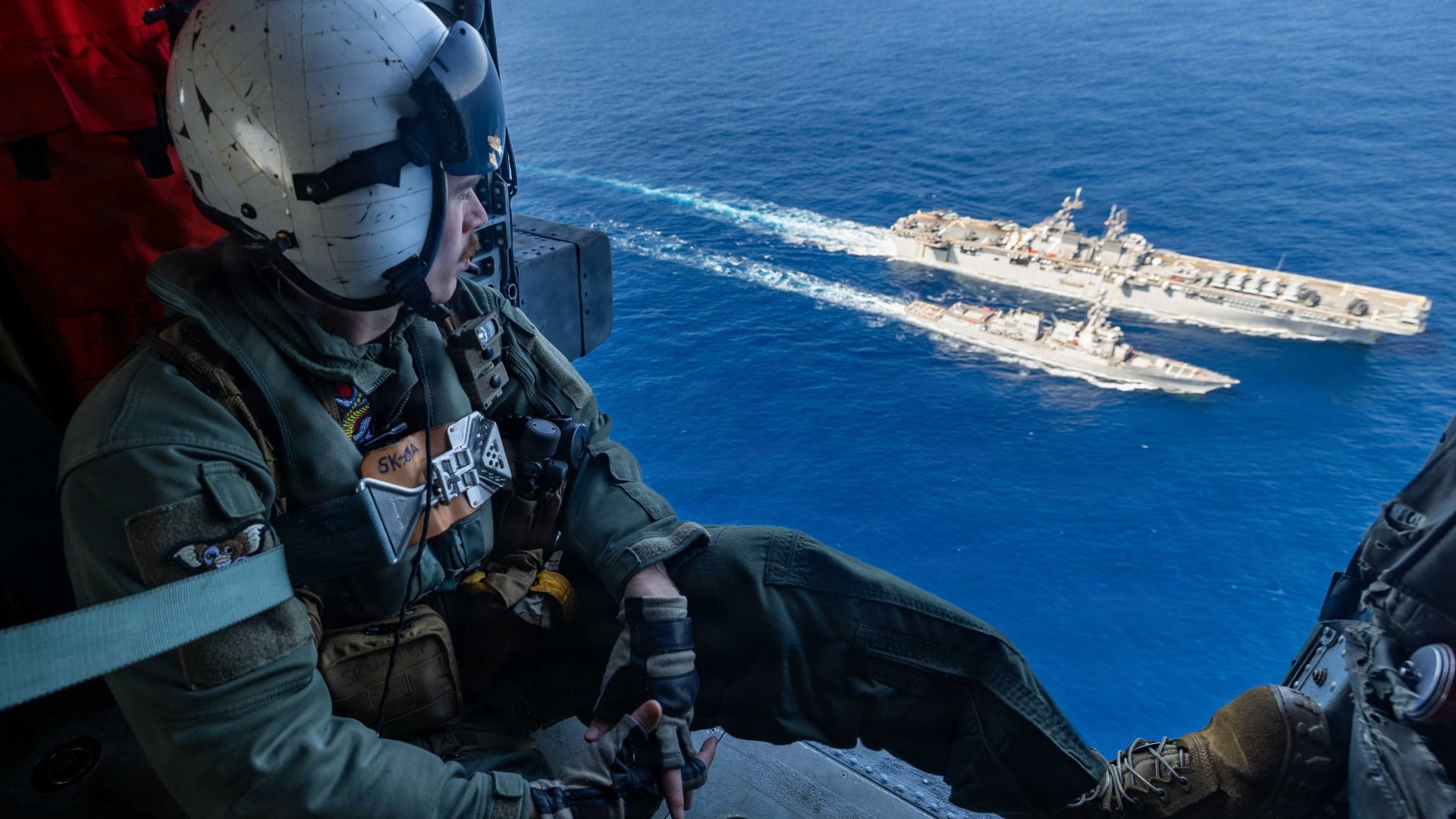MILAN — Germany-based Helsing has launched an underwater drone surveillance network powered by artificial intelligence for the detection of enemy submarines and ships out at sea for months at a time.
The company’s artificial-intelligence tool Lura is at the heart of the setup, processing data from SG-1 Fathom drones, Helsing said in a statement.
By relying on a large-scale acoustic model, Lura is able to detect and categorize a variety of undersea threats based on the signature they emit, including submarines and different types of ships, at a high accuracy, according to the company.
“Lura’s use of this model enables it to detect acoustic signatures 10 times quieter than other AI models, even differentiating between specific vessels from within the same class, at a speed up to 40 times faster than humans,” reads the Helsing statement.
Many nations with advanced militaries collect intelligence about adversary ships, from the acoustic noise emitted by their propulsion systems to the characteristics of the wake form and water bubble generated by them. Analysts can then cross-check that data to identify threats at sea.
According to Helsing, the Fathom drone is swarming-capable, which means hundreds can be deployed at a time patrolling an area’s underwater environment for up to three months.
The company demonstrated the setup last week Portsmouth Naval Base, England, as the company expects to deploy the capability within the year.
Potential regions for deployment included the North and Baltic seas, where NATO is currently carrying out its Baltic Sentry mission focused on securing critical infrastructure at sea.
The military alliance has also trialled an AI software tool, dubbed Mainsail, developed by the NATO Centre for Maritime Research and Experimentation in Italy, which flags suspicious vessels. It allows sifting through and analyzing enormous amounts of data such as maritime traffic to enable authorities to collect underwater intelligence or detect boats diverting off-course.
“Deploying AI to the edge of underwater constellations will illuminate the oceans and deter our adversaries for a strong Europe,” the co-founder and co-CEO of Helsing, Gundbert Scherf, said.
Elisabeth Gosselin-Malo is a Europe correspondent for Defense News. She covers a wide range of topics related to military procurement and international security, and specializes in reporting on the aviation sector. She is based in Milan, Italy.







